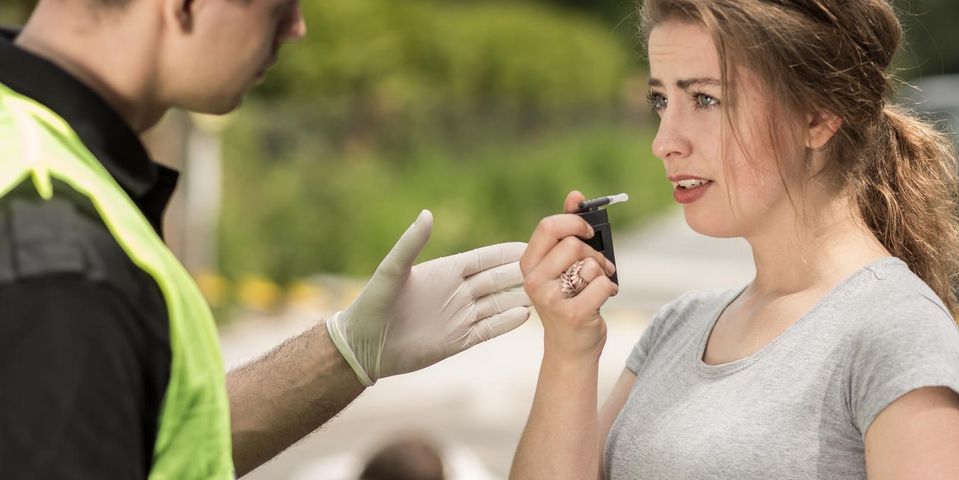
If you're facing DUI charges after failing a breathalyzer test, your criminal attorney may want to challenge the results. Since several factors can influence the device's readings, this is often a viable defense strategy. Learn more about what may have impacted your test to determine if you can present this argument.
What Can Cause Inaccurate Breathalyzer Results?
1. Poor Calibration
Breathalyzer devices must be appropriately maintained and calibrated periodically. Additionally, the officer who's administering the test must follow strict guidelines when obtaining the readings. If they're unable to capture two readings that are within .02 of each other, the results indicate poor calibration.
2. Electronic Interference
 Some breathalyzer devices are vulnerable to interference by radio frequencies, including transmissions by police radar units, station dispatchers, and AM/FM radios. Proving that radio frequency interference affected your readings can pose a challenge, but a resourceful attorney should be able to call on an expert for testimony if needed.
Some breathalyzer devices are vulnerable to interference by radio frequencies, including transmissions by police radar units, station dispatchers, and AM/FM radios. Proving that radio frequency interference affected your readings can pose a challenge, but a resourceful attorney should be able to call on an expert for testimony if needed.
3. Rising BAC
Because the body takes some time to metabolize alcohol, your blood alcohol concentration will continue to increase even after you stop drinking. As such, some defendants can argue that they weren't impaired when behind the wheel. They might've failed the breath test, but perhaps their BAC didn't exceed the legal limit until well after officers had pulled them over.
4. Health Conditions
Several health conditions, including diabetes and gastroesophageal reflux disease, can impact the results of a breathalyzer test. If you follow a low-carb diet and maintain a state of ketosis, you're also likely to fail these tests.
If you've been charged with driving under the influence following a failed breathalyzer test, turn to the Law Office of Daniel P. Hoffey. Located in Atlanta, GA, this full-service firm focuses on criminal defense and civil litigation. A seasoned litigator and tireless trial attorney, Hoffey knows what it takes to secure favorable outcomes in even the most complicated cases. To request a consultation, call (770) 438-2111.
About the Business
Have a question? Ask the experts!
Send your question

